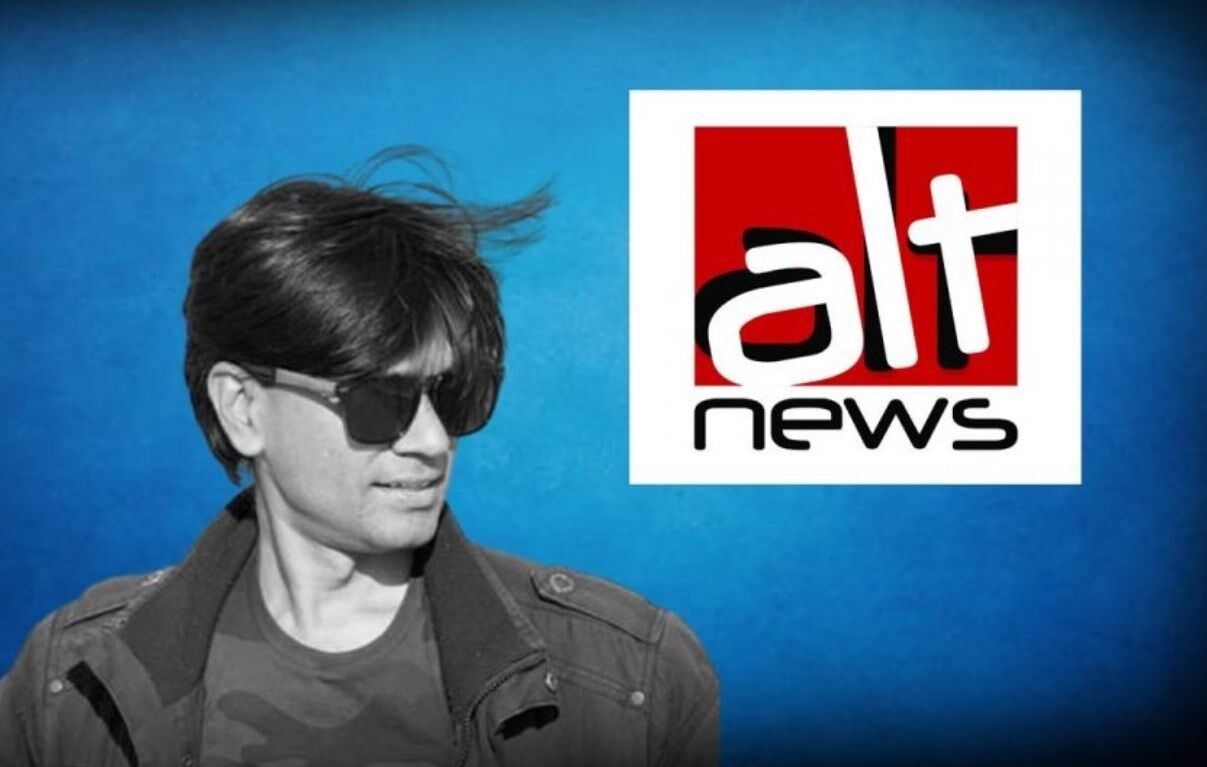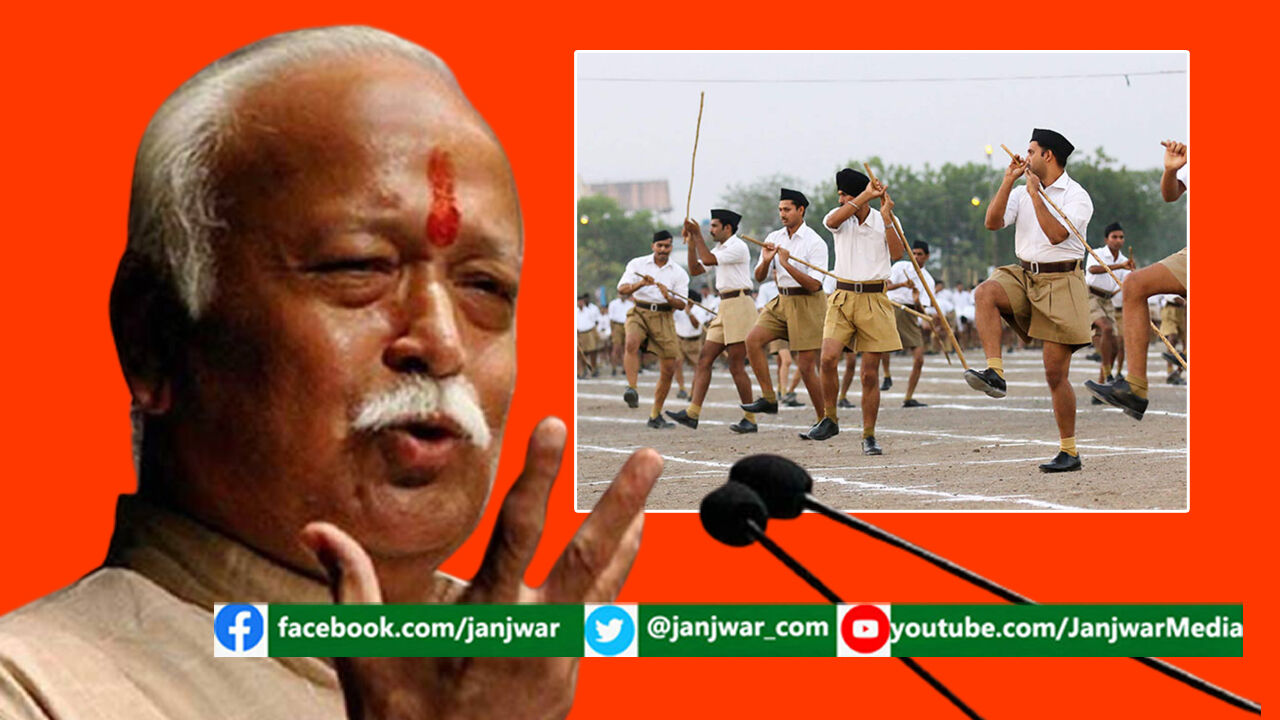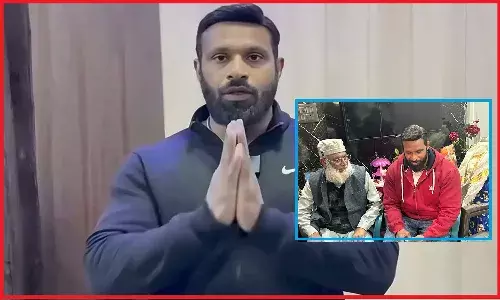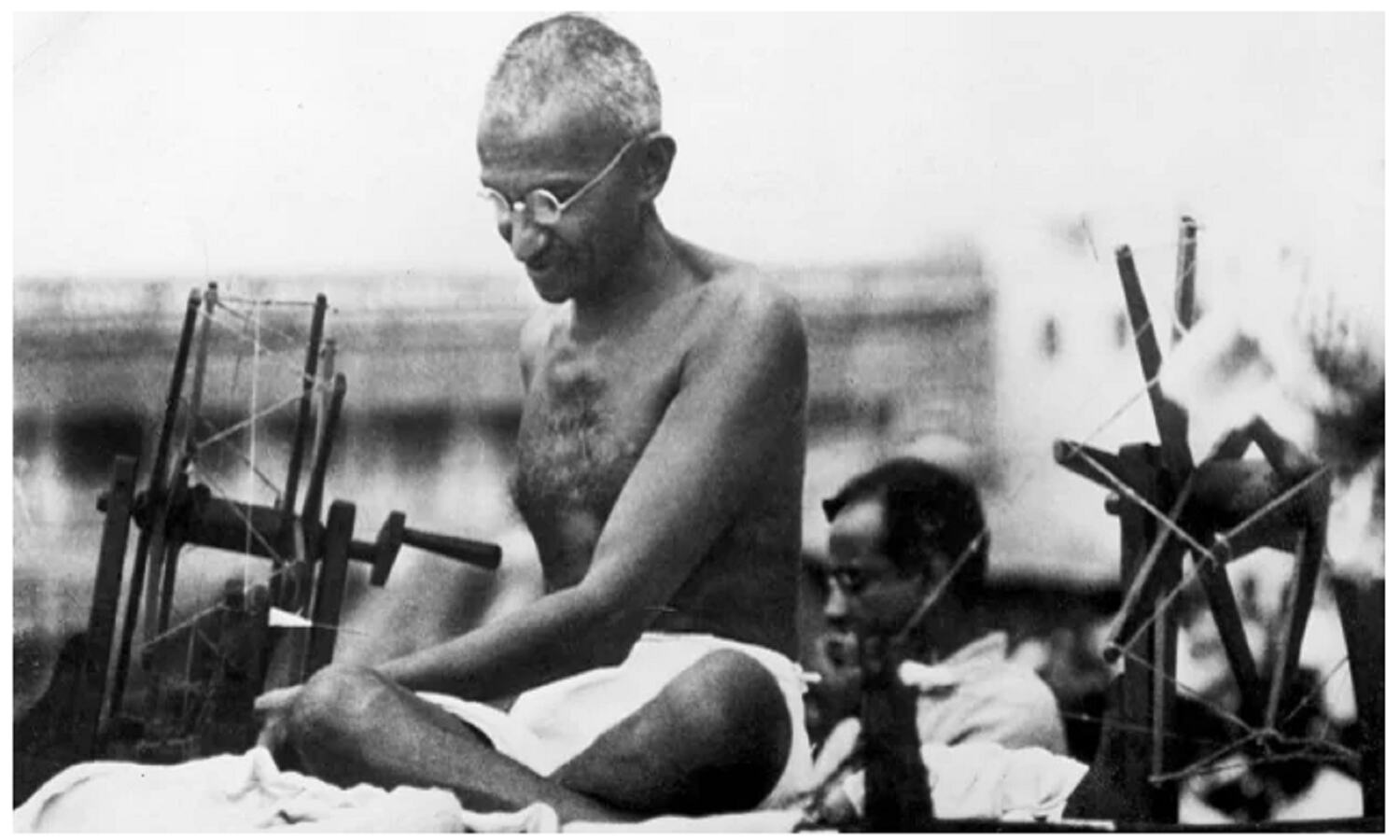Why the Prashant Kishor model undermines India's party system
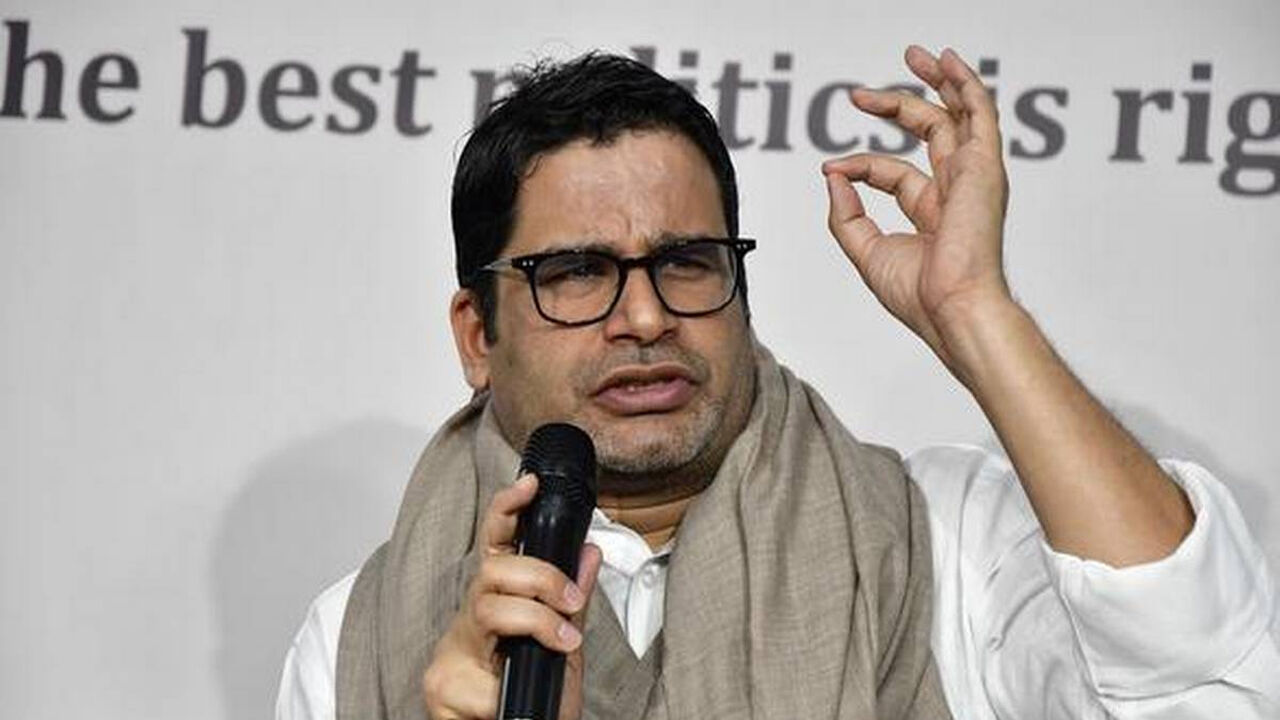
(राजनीतिक सलाहकार और चुनावी रणनीतिकार प्रशांत किशोर)
Ruchi Gupta's Analysis
This model undermines the party system in three ways: first, it bypasses the internal feedback mechanism to give primacy to feedback by imported politically agnostic individuals. Political parties are platforms for collaboration for a shared ideological agenda and leadership at any level can neither be value-neutral nor independent of context. Feedback about party functionaries is indivisible from the organisation and platform; any attempt to do so in the name of objectivity can only weaken the party.
Second, bypassing internal mechanisms undercuts intraparty competition and negotiation to consolidate power in one individual. This trend is especially pronounced where the leader is also the head of government and can use the administration for outreach instead of political functionaries.
Third, it substantially neutralises the ideological component of the party platform by short-circuiting its programmatic agenda to build a campaign around one individual, who personifies not an ideology but the promise of certain benefits from the State.
While we charge the IPAC model with undermining the party system, it has to be conceded that the reason an ideologically agnostic consultant can play an outsized role in organisations purportedly organised around an ideology/vision is because most political parties are very weakly institutionalised to begin with. To the extent that such external "feedback" has any value is an indicator of the lack of their ideological and institutional depth. Some reflection is required too on the fact that the foremost job of a politician is to understand and mobilise public opinion yet so many leaders are willing to outsource this core function to an external entity rather than build capacity in-house.
While it is worth debating how much of the outcome is attributable to the IPAC factor versus other factors such as the consolidation of opposition vote in the stronger party in polarised elections like Delhi and West Bengal, one reason why the IPAC model succeeds is that it provides a unified point for decision-making which brings coherence to planning and execution. Such a decision-making authority can easily be built in-house but it isn't not because of lack of expertise but because it requires altering the internal power dynamic.
Moreover, its creation internally provides organisational legitimacy which can be used as an independent power centre to challenge the incumbent leader unlike the current model where power is outsourced not bequeathed. This dynamic is part of the reason why Prashant Kishor was unable to thrive when he was made the JDU vice-president and was quickly booted out by his own benefactor, Nitish Kumar.
This then showcases the limits of such a model for Prashant Kishor himself: it can be used to develop personal proximity to party leadership but it is difficult to convert this proximity into independent organisational authority over the political agenda. As per accounts, it is this dichotomy, not ideological dissonance, which led to Kishor's fallout with the BJP as well. This inherent limit could be the reason why despite considerable success, Prashant Kishor has announced that he will not work as a political consultant anymore.
This brings us back to what the PK model means for democracy. In a limited sense, the first step right now is to factionalise political power as a necessary condition to safeguard Indian democracy. The importance of winning electoral battles at this juncture cannot be overstated and if political leaders feel they need this external support, so be it.
However, addressing fundamental organisational and ideological deficits of opposition political parties is arguably more important to the task of safeguarding substantive democracy in India and that process is necessarily internal.
Courtesy : The Indian Express
(This column first appeared in The Indian Express on May 20, 2021.The writer is adviser of Samruddha Bharat Foundation.)






